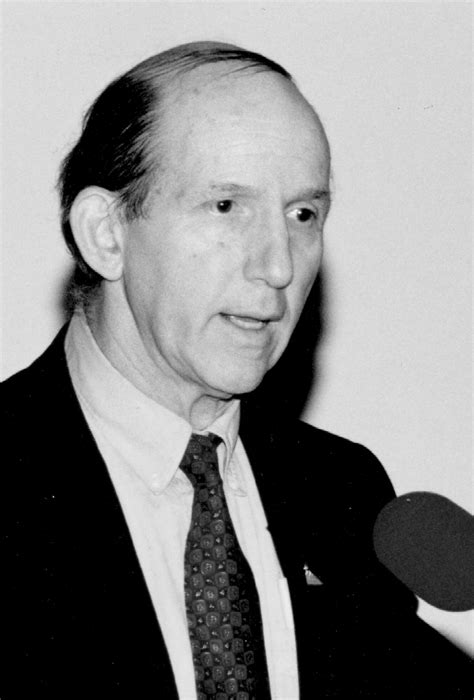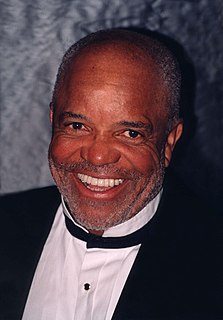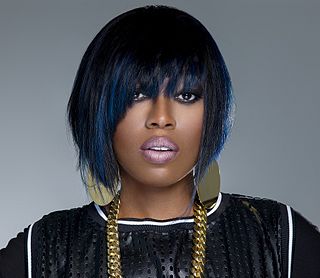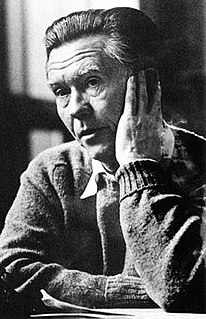A Quote by Will Oldham
Writing songs is a profession; so it's not an attempt to take things from my interactions with other people and for some reason give them to a total stranger to listen to. I find it offensive to hear other people do that.
Related Quotes
Crocker's Rules didn't give you the right to say anything offensive, but other people could say potentially offensive things to you, and it was your responsibility not to be offended. This was surprisingly hard to explain to people; many people would read the careful explanation and hear, "Crocker's Rules mean you can say offensive things to other people."
Unlike in school, in life you don't have to come up with all the right answers. You can ask the people around you for help - or even ask them to do the things you don't do well. In other words, there is almost no reason not to succeed if you take the attitude of 1) total flexibility - good answers can come from anyone or anywhere (and in fact, as I have mentioned, there are far more good answers 'out there' than there are in you) and 2) total accountability: regardless of where the good answers come from, it's your job to find them.
I'm always interested in hearing how other people read and react to my songs. I hadn't thought of it in just that way. One of the things I love about doing things that are creative is that I feel like it's my right as an artist not to be affected by the reactions of those people that are going to hear my songs. But I also feel like it's the right of the people hearing them to have their own interpretations of what these songs mean. Sometimes people will see things that I don't see.
There's a theory out there that if you're in a public profession you're fair game. I couldn't disagree with that idea more. Especially with children - half the time they don't choose to be in that profession. For people to objectify other people's lives - kids or not - I find very tedious and tiresome. People who have a craft, that's their job. Their job isn't to create fodder for other people who are bored.
The bottom line for most people who are normal is their need for other people. Even the greedy ones have this need - as long as they're not sociopathic. They may be very misguided and unhappy and do bad things and so forth, but in general if you look down deep, you find that these people are mainly concerned with other people and what other people think of them.
The resources you happen to accumulate, what do you do with them? You can spend the money and buy some houses or whatever, and people do some of that and that's fine. You can give the money to other people, your family, but usually when you do that you screw them up and it ends up counterproductive. Or, you take those resources and reinvest them in things that you believe in, and that could be reinvesting in a philanthropic cause.




































